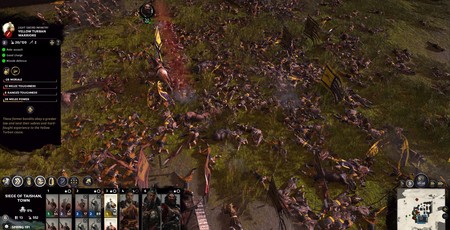
Price: £44.99 Inc VAT
Developer: Creative Assembly
Publisher: SEGA
Platform: PC
I thin I’ve spent more time looking at the diplomacy screen in Total War: Three Kingdoms than I have conducting actual battles. This is a good thing. Let me explain why.
It all began when Mao Ting died, and bequeathed to me all his lands as he had no heirs. He also bequeathed to me a border with Cao Cao, the brightest strategic mind in Ancient China. I was playing as Liu Bei, Ancient China’s nicest totalitarian warlord. Mistaking my pleasant demeanour for weakness, Cao Cao decided that he was more deserving of Mao Ting’s lands than I and promptly invaded.
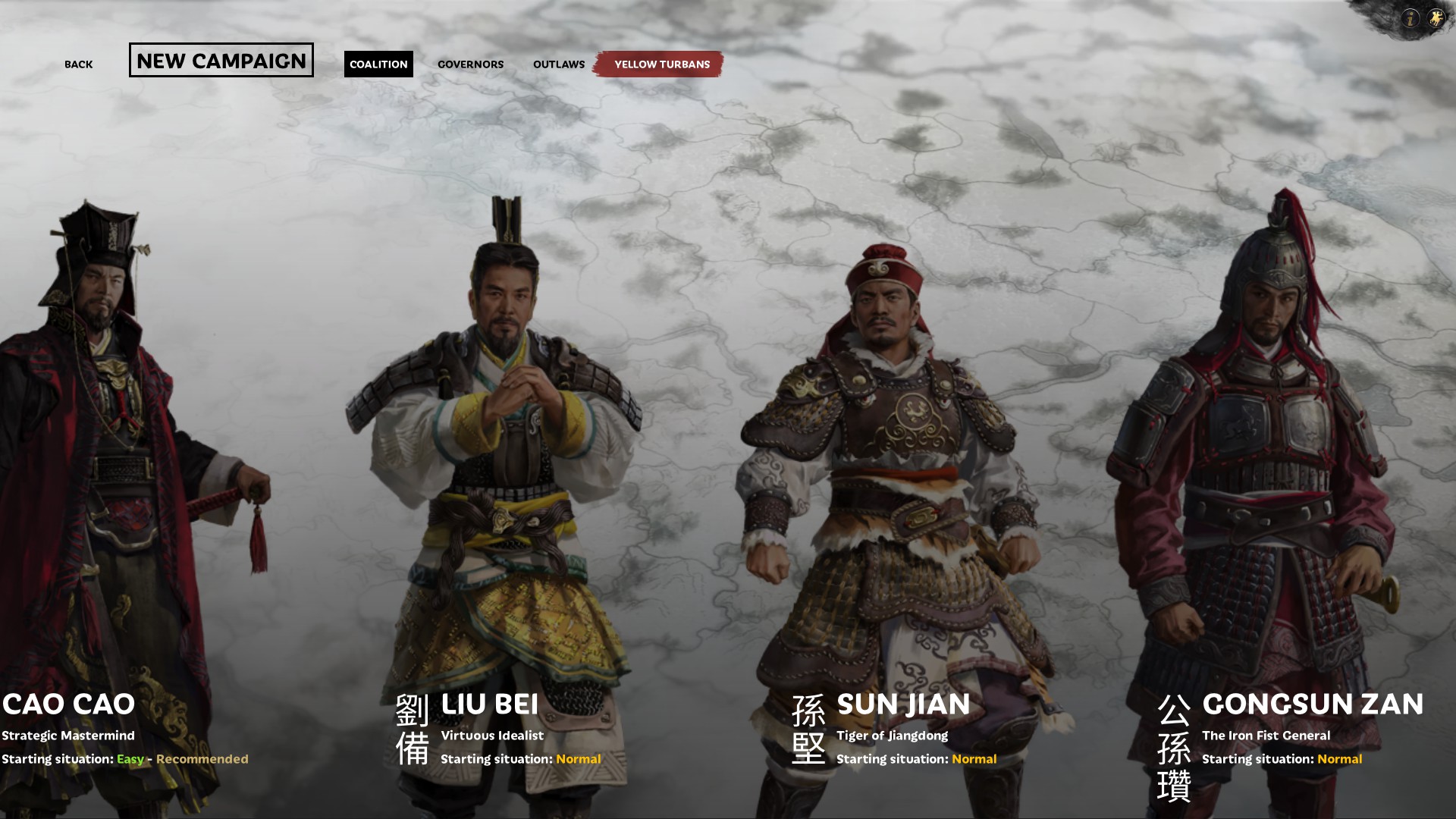
I quickly showed him that starting a war with me was a Bad Idea. Just as I was about to cut the head of the snake, however, Cao Cao sued for peace, offering me a fat sack of gold in return for laying down my arms. It was a brilliantly tempting offer, and I took it, thinking I can take the gold now, and finish Cao Cao off in 10 turns’ time when the treaty ends. As I was just about to do just that, however, Yuan Shao, my most powerful ally, vassalised Cao Cao, meaning I could no longer declare war on him without risking the cohesion of our alliance.
As I was figuring out how to approach this, another of my neighbours, Yuan Shu, helped himself to one of my farms. Again I bit back, again he sued for peace offering a big sack of gold, and again I accepted, with a mind to biding my time until I could seek vengeance. But it soon turned out that Yuan Shu was best buds with, yep, you guessed it, Yuan Shao, who as I just mentioned has vassalised the greatest strategic mind in China.
Whether by accident or design, both of my biggest enemies were hiding behind the skirts of my best friend, and if I attacked either of them, I risked setting my entire northern border on fire.
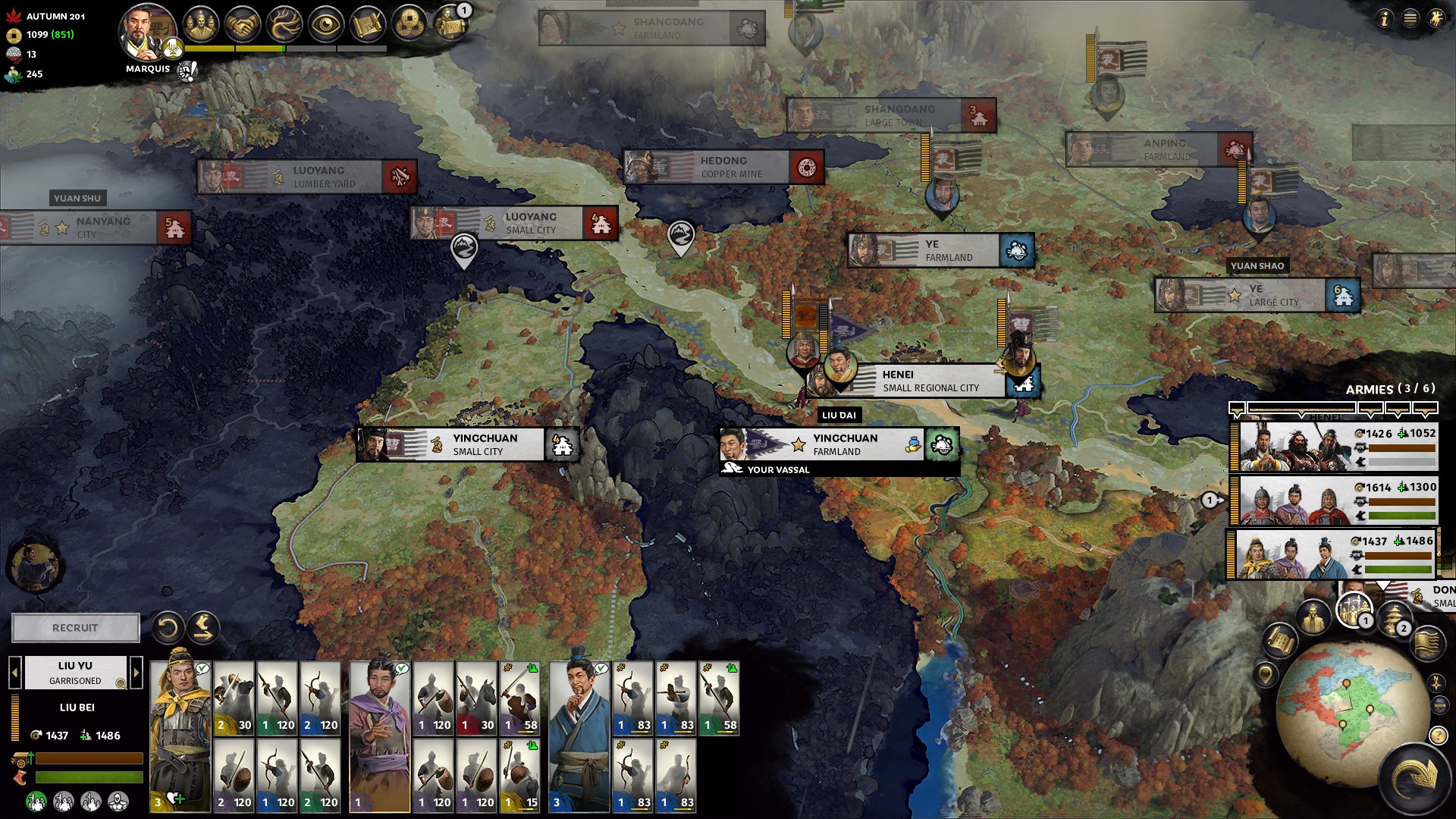
I could have done that. This is Total War, after all, the name is sort of of a hint. But I didn’t want to, because I genuinely cared about my relationship with Yuan Shao. It was a valuable trade route. His lands acted as a buffer between me and some nasty characters up north, and he had also helped me out in some other wars early in the game. Basically, he’s my friend.
This is the key difference between Three Kingdoms and all previous Total War games, it makes you care about the people you fight alongside, and even fight against. It’s no longer a game about raw military might, gradually absorbing provinces until you’ve painted the country in your chosen colour. Instead, it’s a game where relationships matter.
Basically, I love it. I’m a little bit surprised by this, because I had my doubts. There’s a reason Rome and Shogun II are touted as the two best games in the series, and that’s because Total War has always been at its strongest when it kept things simple. Three Kingdoms is not simple. In fact, it’s probably the most complex Total War going, with tons of new or revamped systems that radically alter how the game plays.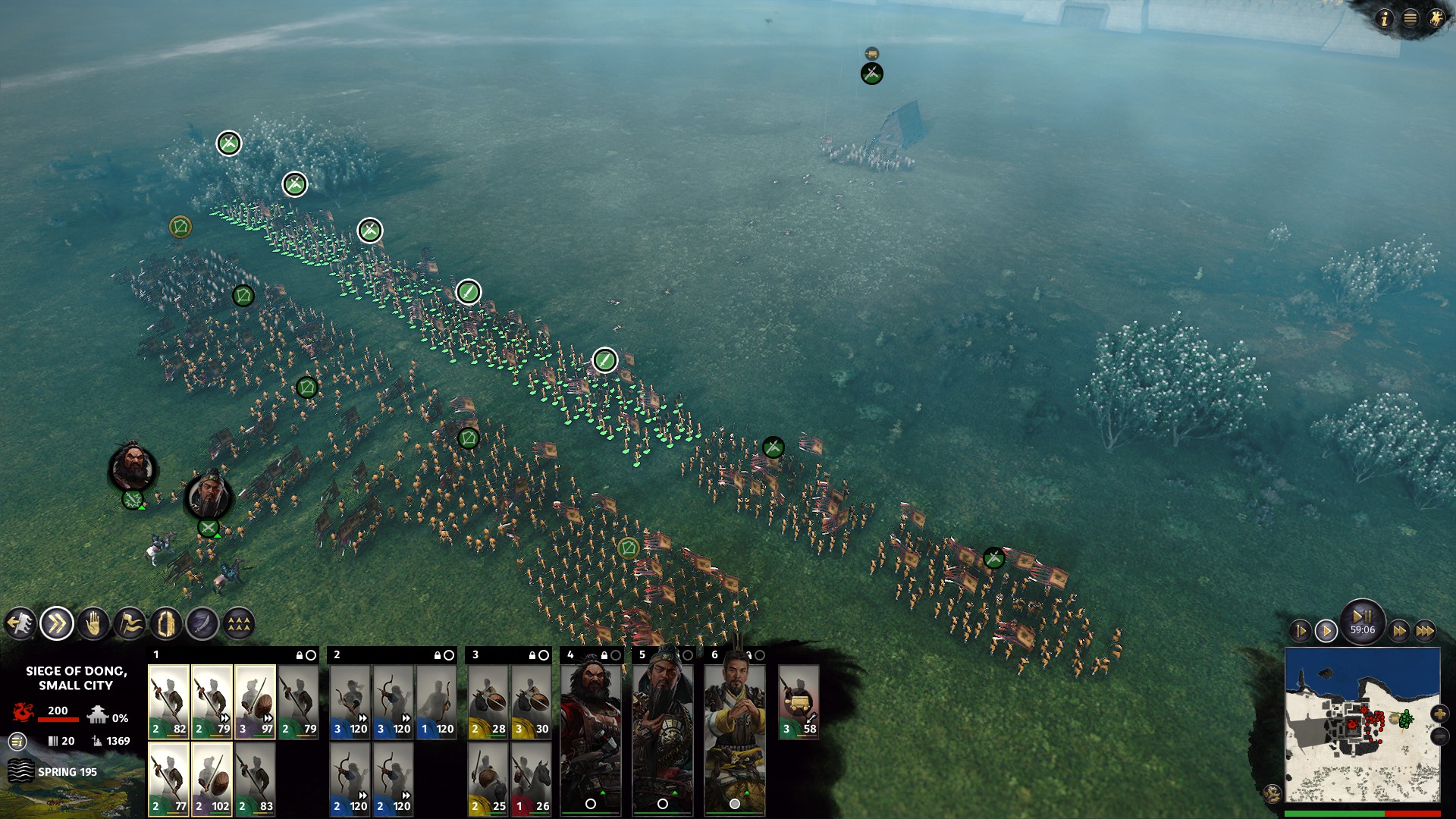
But my goodness, it works.
As I already mentioned, Three Kingdoms takes place in Ancient China, during what became known as the War of the Three Kingdoms – one of the longest and bloodiest Civil Wars in history. Unlike previous Total Wars, where you assumed the role of a nation or a faction, in Three Kingdoms you assume the role of one of twelve “Warlords”. Your goal is to rise from your position as a lowly aristocrat to claim the titles of Duke, King, and eventually, Emperor of all China.
The changes to Total War begin at the character-selection screen. Choosing your warlord isn’t a simple as choosing your favourite colour. Each warlord has a different special ability that will dramatically affect your campaign. If you play as Cao Cao, for example, you’ll gain access to his special diplomacy skills, which enable him to trigger proxy wars between rival factions. Liu Bei, meanwhile, has a special resource called “Unity”, which makes his faction more loyal to him as his reputation grows, and can also be used to instantly annex territories belonging to the crumbling Han Empire.
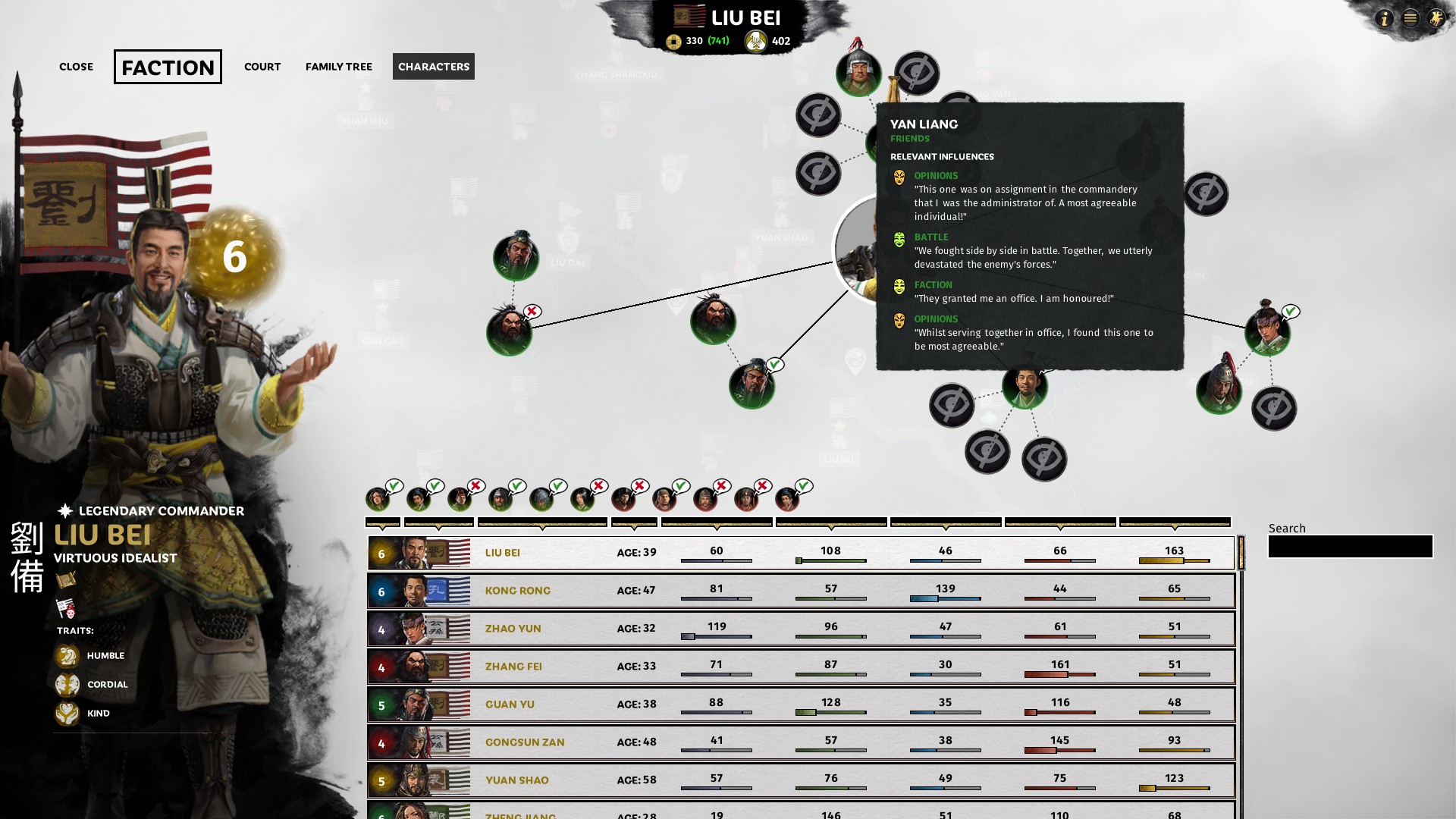
Characters form the backbone of your warlord’s faction. They assume roles in your warlord’s court, govern your settlements, spy on your enemies, and command your armies. Regarding the latter, army units are no longer recruited directly into a single force, instead, they are recruited into the retinue of a particular general. Each army can have three generals, each of whom can command a maximum of six units.
But characters don’t exist purely to serve your interests. They have thoughts and opinions of their own, and these will shift as the game progresses, affecting their view of you. Characters may become dissatisfied in your faction if you neglect their personal ambitions, deny them a place at court, or just act in a way they disagree with. This can lead to friction within your faction, and may ultimately cause a character to leave your faction and join another.
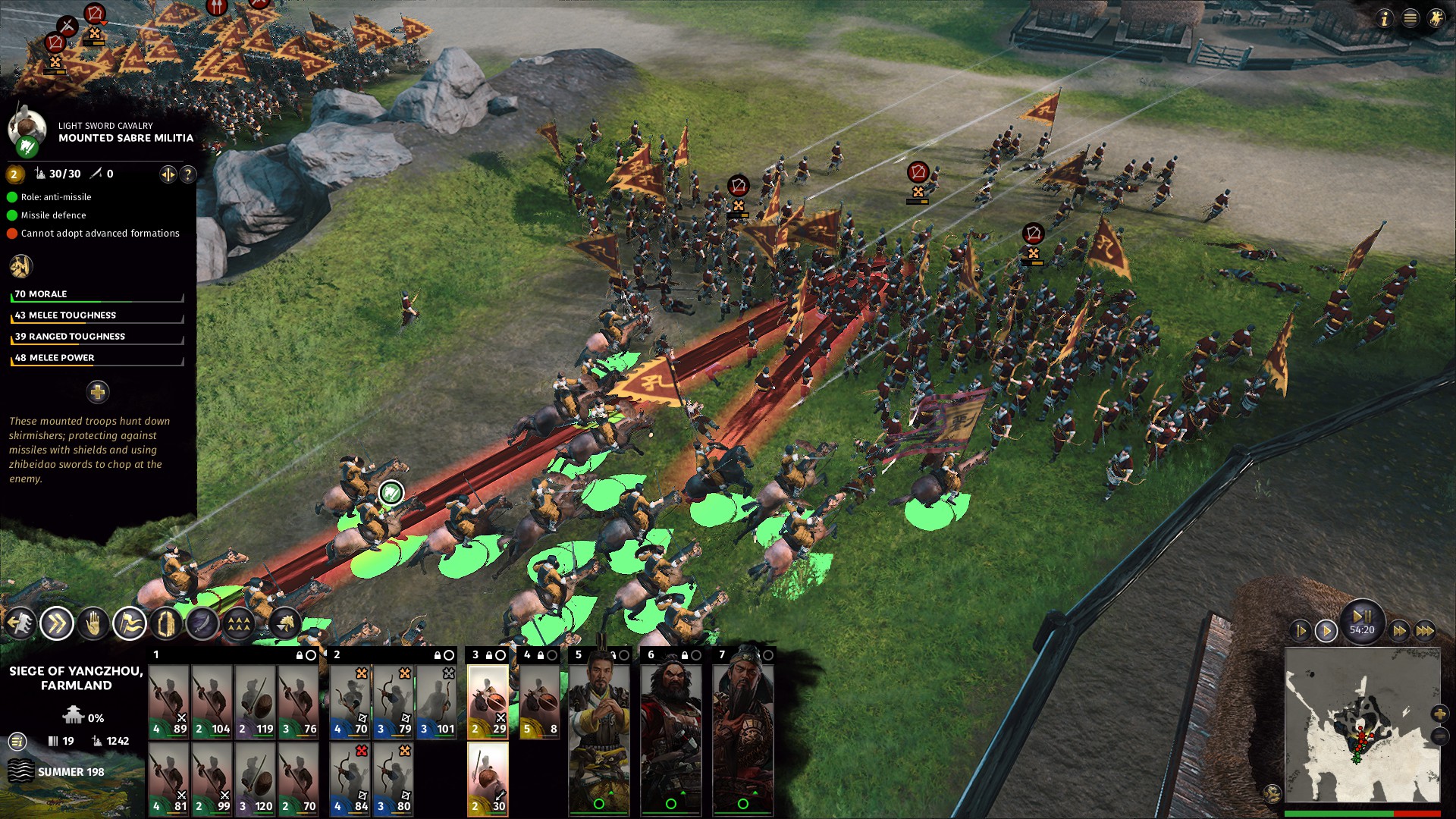
In addition to this, characters can also form positive or negative relationships with any other character in the game. The nuances of this system are truly impressive. For example, I had two generals in the same army who became fast friends. But during a particularly close defensive battle, one of those generals was killed. The remaining general immediately went on a grief-fuelled rampage, carving through the enemy ranks and basically turning the tide of the fight in my favour. After that, however, he struggled to get on with any new general I placed in the army, causing friction wherever they went.
The whole game is designed like this, using recognisable faces and names to make events feel more dramatic, more personal, more significant. This works at a dynastic level as well as an individual one. I already discussed diplomacy, which is the best I’ve ever seen in a Total War game. But we should also talk about espionage, which has been radically overhauled for Three Kingdoms.
With the new espionage system, you no longer move agents around the campaign map. Instead, you dispatch a character who has the espionage trait to a specific faction, where they will sit in a recruitment pool until the faction recruits them. If this happens, they will gradually build up an undercover network within that faction. The longer they’re there, the higher up the ranks they’ll climb, and the more powerful they will become. In the extreme, a well-embedded spy can essentially hand an entire faction over to you on a platter.
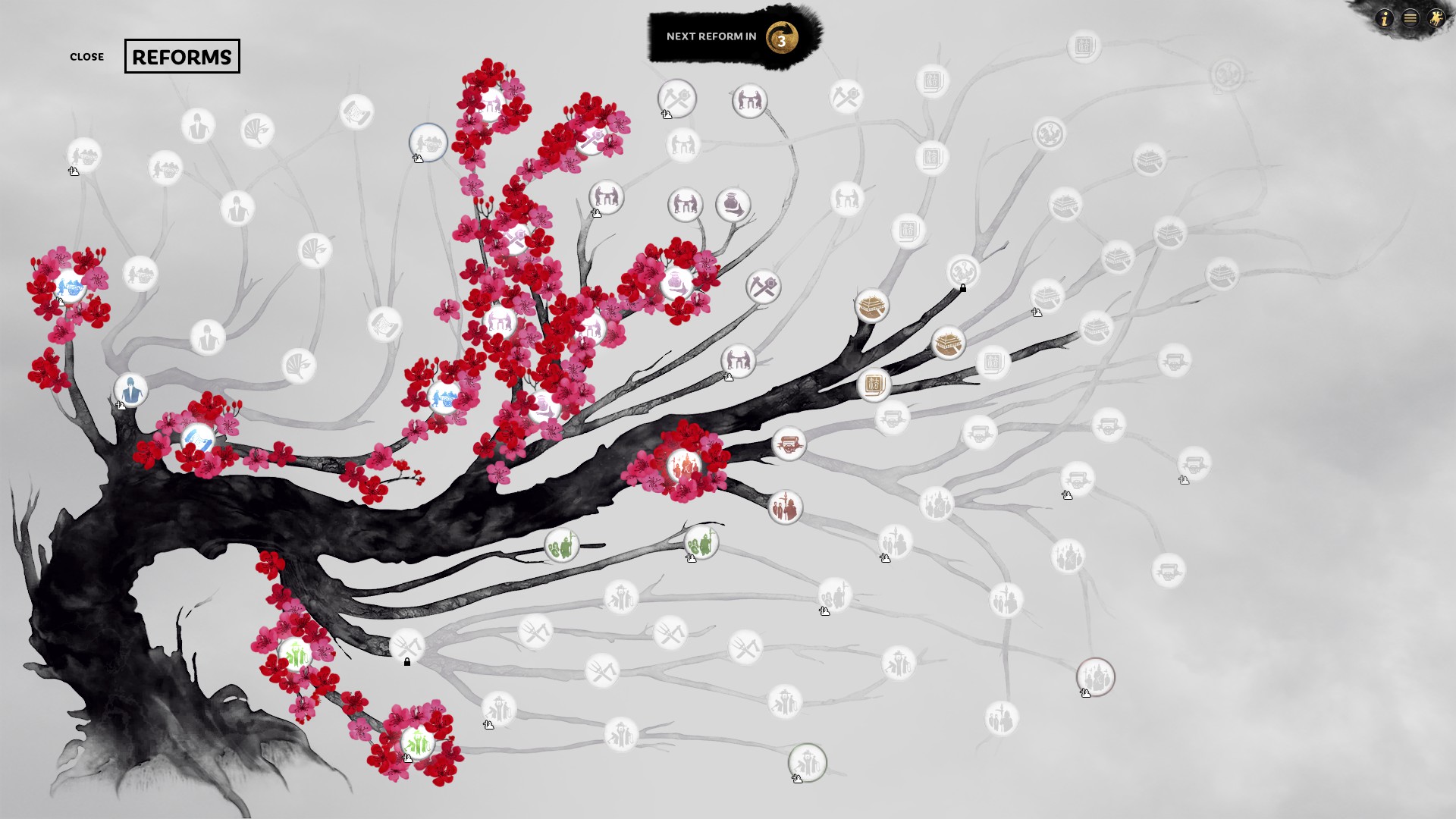
Economy management has been overhauled, too. There are now multiple kinds of income, and each building has a tooltip that very clearly explains what it does. But the biggest change, as I hinted at earlier, is the significance of trade. Trade agreements are often very lucrative, even when arranged with smaller factions, so there’s a clear incentive to not just roll over every faction you encounter, and to maintain good relationships with your friends. This in turn means you’re inclined to help them out when they ask for it, getting into wars that you might not otherwise have planned to. It’s worth noting that factions are very talkative in Three Kingdoms, always coming up with an offer or an agreement or a request for help. It’s one of the things that makes diplomacy so significant, they’re always on whatever the Ancient Chinese equivalent of a phone was (probably a phone, given the reputation)
But what about the usual main-event of Total War, those gigantic, real-time battles? This is where the Three Kingdoms is the least different, although there are still some major changes. In the new Romance mode, for example, your generals basically become superheroes, able to take on entire units single handed and deploy special powers. I was concerned about how this might affect the game’s balance. But it works well. Although more powerful than usual, generals can still be overwhelmed and killed if you’re too reckless with their lives, and the opposing side nearly always has similarly powerful generals in their ranks, so you can’t just bowl over entire armies with them.
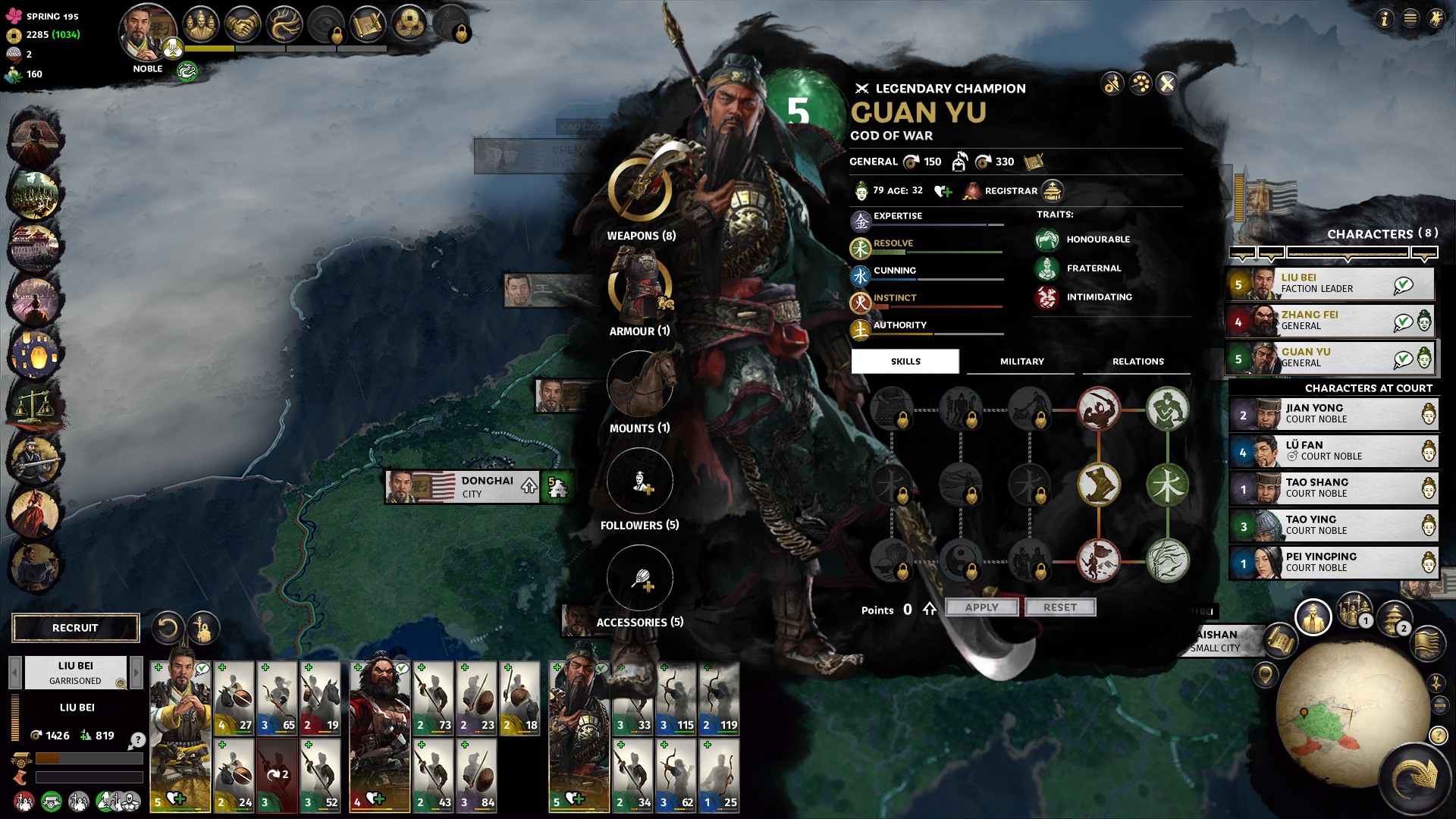
Then of there are new units, including “hybrid” units like archers with strong melee capabilities, or cavalry units that can also hold a frontline. Personally though, I found the biggest difference was how the game encourages all sides to really think before throwing armies into a fight. The way recruitment works, with units appearing instantly in your army at a fraction of their full power, means that nobody wants to start a fight before they’re really ready for it.
This means battles are slightly less frequent, but almost every battle you engage in is a major event. Sides are usually equally matched, and playing for stakes that are always high. Similarly, sieges are always dramatic, as even small cities have substantial garrisons. Hence you need to whittle them down over several turns, and really plan your attack when the time comes.
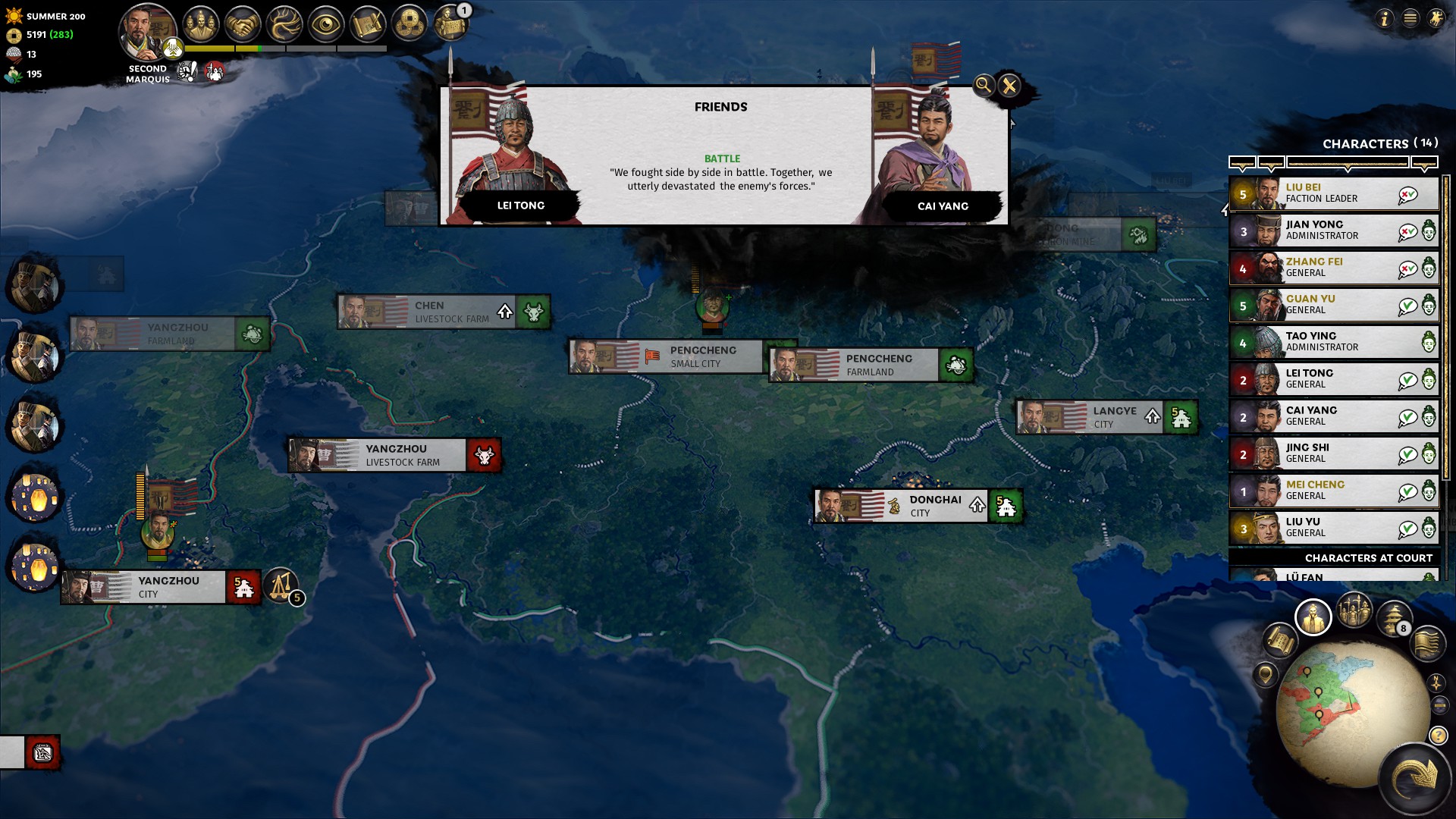
Almost everything in Three Kingdoms has been meticulously thought out, and the result is comfortably the best Total War in years. Possibly the best ever. I do have a couple of issues, however. I found the Ancillaries, special weapons and equipment you can outfit your characters with, to be an unnecessary distraction, especially in the mid-to-late game when you have a large number of characters who need outfitting. Ancillaries are good for sweetening a diplomatic treaty, however. Those warlords sure love their trinkets.
Finally, while the UI is very stylish, especially the beautiful Reforms menu (which is literally an upgrade tree), it’s not always the easiest thing to decipher. For example, I spent ages trying to figure out how to marry my faction leader so I could continue his lineage. Fifteen hours into the game, I found is a button that literally searches the character database for a suitable spouse, like Ancient Chinese Tinder. Would have been nice if you pointed that out, Three Kingdoms.

In the scale of things, however, these issues are minor. Overall, Three Kingdoms is a huge success for Creative Assembly, taking that familiar template and adding a truly impressive amount of nuance and drama, but without ever feeling like it’s overcomplicated or overwhelming. I heartily recommend it.


MSI MPG Velox 100R Chassis Review
October 14 2021 | 15:04

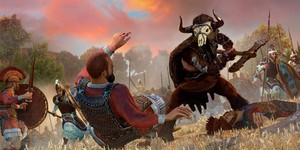





Want to comment? Please log in.